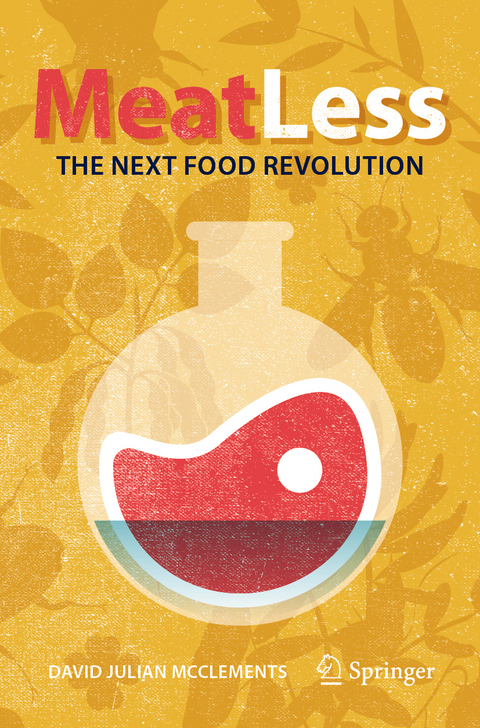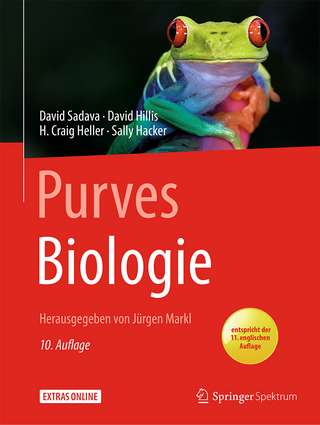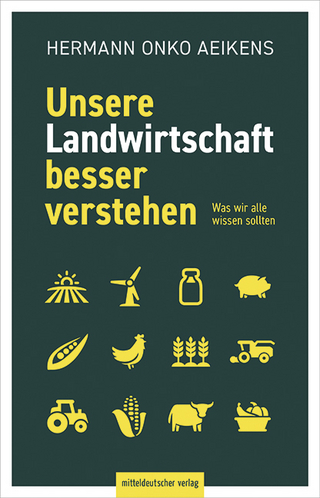
Meat less: The next food revolution
Springer International Publishing (Verlag)
978-3-031-23963-2 (ISBN)
In Meat Less: The Next Food Revolution I outline my own journey as a food scientist who became a vegetarian in solidarity with my daughter. In writing this book I take the viewpoint that there are no easy answers and that everyone must make the decision to eat meat or not based on their own values. The first chapters examine the impact of meat consumption on the environment, human health, and animal welfare, including the important questions of how much does eating meat really contribute to greenhouse gas emissions, pollution, and biodiversity loss, what are the ethical implications of raising and killing animals for food, and the impact of reducing meat consumption on human nutrition and health. I then discuss some of the new technologies that are being developed to create alternatives to meat, including plant-based meat, cultured (lab-grown) meat, microbial meat, and insect meat. I present the science behind these new technologies and their potential for making a difference to climate change and human health. In the final chapter, I discuss why I remain a vegetarian and have decided to dedicate the rest of my scientific career to finding sustainable and healthy alternatives to meat, presenting my vision of the human diet in 2050.
David Julian McClements is a Distinguished Professor at the Department of Food Science at the University of Massachusetts. Over the past three decades, he has applied physics, chemistry, and biology to improve the quality, health, and sustainability of foods. He has written numerous books, published over 1300 scientific articles, been granted several patents, and presented his work around the world. He is currently the most highly cited author in the food and agricultural sciences. He has received awards from numerous scientific organizations in recognition of his achievements.
(1) Should I Eat Meat?.- (2) Meat and the Environment: How Livestock are Taking a Big Bite Out of Our Planet.- (3) An Ethical Dilemma: To Meat or Not to Meat?.- (4) Meat and Nutrition: Will Eating Less Meat Make Me Healthier?.- (5) Staying Alive: Is a Meat-Free Diet Safer?.- (6) Plant-based Meat: Building Meat from Plants.- (7) Biotech Meat: Growing Meat from Cells.- (8) Bug Meat: Assembling Meat from Insects.- (9) The Past is the Future: Tofu and Tempeh Rejuvenated.- (10) Future Foods: Diet 2050.
| Erscheinungsdatum | 26.03.2023 |
|---|---|
| Reihe/Serie | Copernicus Books |
| Verlagsort | Cham |
| Sprache | englisch |
| Maße | 155 x 235 mm |
| Gewicht | 416 g |
| Themenwelt | Naturwissenschaften ► Biologie |
| Schlagworte | Animal welfare • global warming • Insect Foods • Meat analogs • plant-based foods • Precision fermentation |
| ISBN-10 | 3-031-23963-6 / 3031239636 |
| ISBN-13 | 978-3-031-23963-2 / 9783031239632 |
| Zustand | Neuware |
| Haben Sie eine Frage zum Produkt? |
aus dem Bereich


